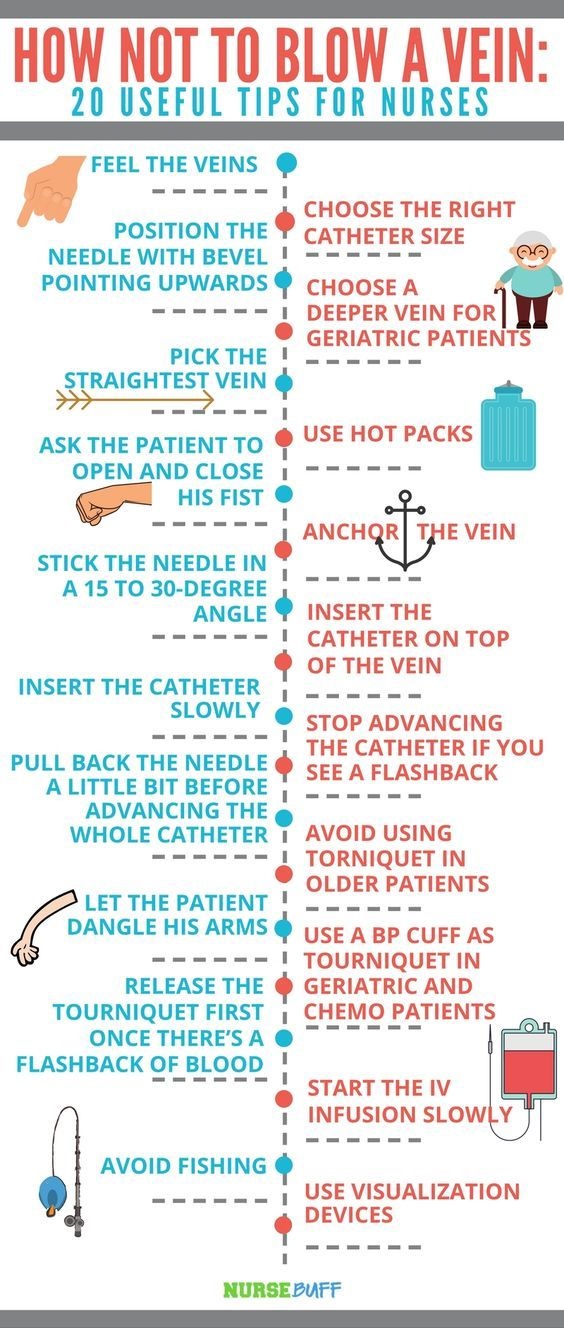How Not to Blow a Vein 20 Useful Tips for Nurses

A vein can blow for several reasons. The most common cause is that you have gone through the vein, puncturing the opposite side of the vein causing blood to leak out and creating a hematoma, often collapsing the vein and rendering it useless.
A blown or ruptured vein occurs when a vein gets punctured and it causes blood to leak outside the vein. In the majority of cases, a blown vein is not dangerous, but it should be treated right away and the vein shouldn’t be used to draw blood or start an IV.
The most common symptoms of collapsed veins are cold hands and feet due to circulation loss, sharp pain at injection site, and blue or black discoloration. You may also experience itching at the injection site as the vein starts to heal.